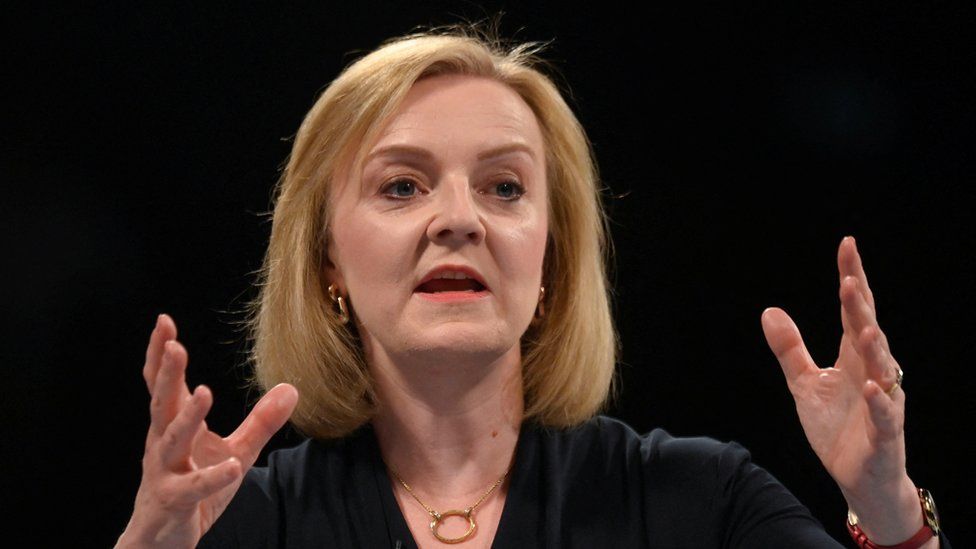
What does the Liz Truss energy price cap mean for electric vehicle owners?
The new energy price cap set out by Liz Truss has many positive aspects when it comes to Electric Vehicle owners charging. This is one of many attributes bought in by Liz Truss in an effort to thwart the impact of rising energy costs over recent months. This price cap specifically aims to help EV owners by keeping charging an EV at home much cheaper than running a petrol/ diesel vehicle. This is all part of the 'energy price guarantee' pledge. With Ofgems scheduled increase that has been planned from 26th August, there has been discussions underway to counter the increases. These are likely looking to set back household bills to up to £3,549.00 per year or more. The energy freeze will look to cap hourly energy rates at 34p per kWh.
Looking in comparison to filling up an average petrol vehicle at £80.00 and £94.00 for a diesel vehicle. Based on current figures of 169.00/189.00 pence per litre. This figure is already staggeringly more than 20% of the cost back in 2012. Though electricity prices have risen considerably since 2012, electric vehicles are still much more efficient per mile than any petrol/ diesel vehicle. With this in account, an Electric Vehicle per mile is more than half the price of petrol/ diesel. Running an EV at the price of 34p per kWh equates to around £30.00 per 500 miles.

Whilst the energy price cap will certainly advantage households, especially EV owners, it is still worth using any 'off-peak' tariff rates for scheduled charging usually from around 00.00-04.00, depending on supplier. Whilst some energy companies don't offer this, it's worth considering on your next energy switch.
What is an EV tariff? An EV tariff is designed for Electric Vehicle owners to charge during 'off-peak' times where electricity may be offered at a cheaper rate. This can be as low as 5-7p per kilowatt-hour. A typical example for this would be the Octopus Go offering 7.5p per kWh from the hours of 00.30- 04.30 for EV charging. This usually allows a sufficient top up on high capacity EV's or a full charge on the smaller EV's. Going forward, it is certainly worth checking the options available when choosing a new energy provider or switching onto electric vehicle user tariffs to save money.
For more information on energy usage when charging your EV check out our energy price calculator here.